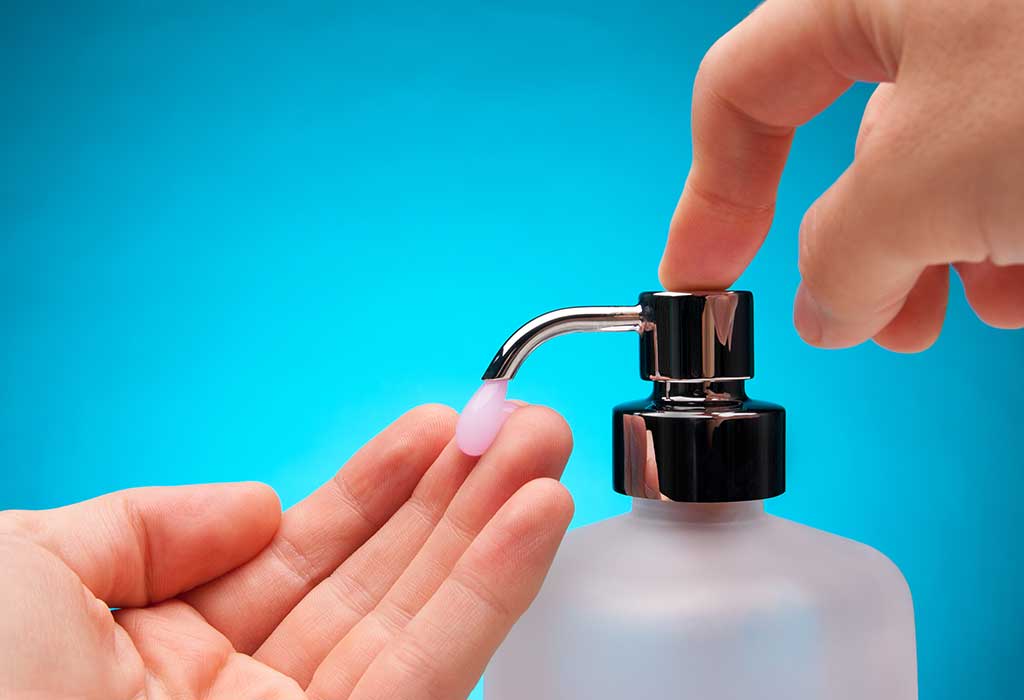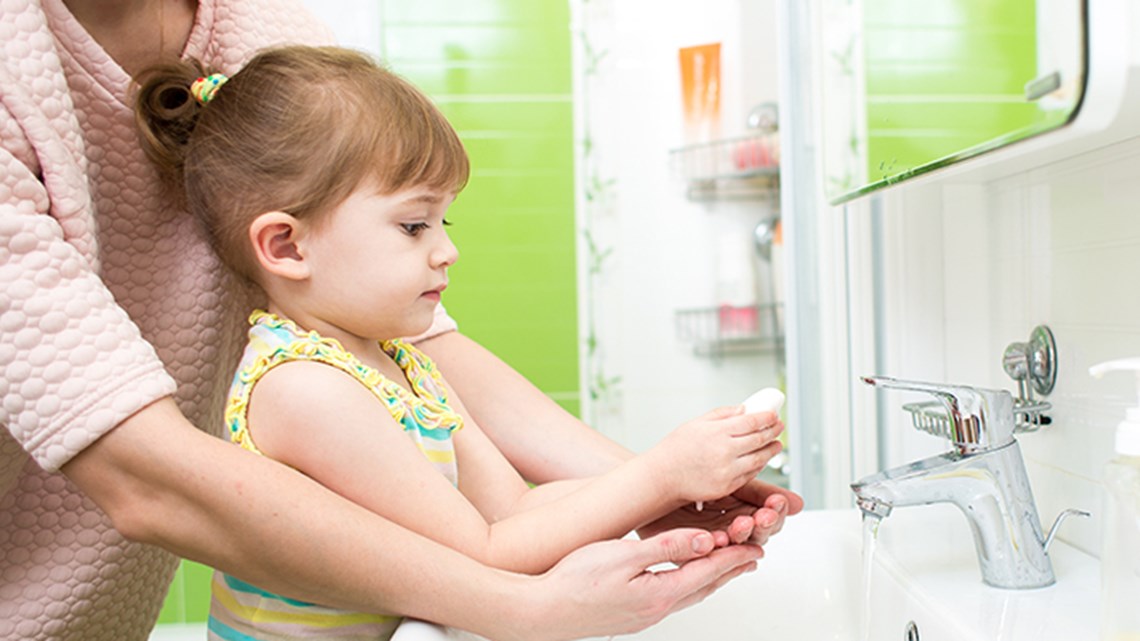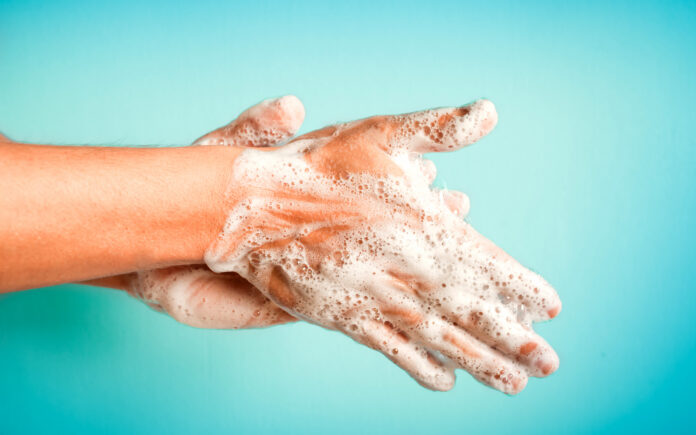One of the best ways to avoid and spread disease is by frequent hand washing.
Hand washing is easy, and it is the most effective way to limit the spread of microbes and viruses, such as COVID-19. Thoroughly clean hands can prevent the spread of bacteria from one individual to another
And during global pandemics, one of the cheapest, easiest, and most important ways to prevent the spread of the virus is to wash your hands regularly with soap and water.
So when do you wash your hands?
When you touch people, surfaces, and things throughout the day, you collect germs on your hands. You can infect yourself with these germs by touching your eyes, nose, or mouth, or spreading them to others. Washing your hands frequently can help reduce the transmission of bacteria, viruses, and other microbes.
In order to remove all traces of the virus from your hands, it is not sufficient to quickly scrub and rinse them. Here’s a step-by-step illustration of how to effectively wash hands:
- Wet hands with running water
- Rub the soap with your hands to create enough amount to cover wet hands
- Scrub the surfaces of the hands – including the back of the hands, between the
- fingers and under the nails – for at least 20 seconds.
- Rinse hands well with running water
- Dry your hands with a clean, dry towel, or a disposable tissue
Always wash your hands before:
- Preparing or eating food
- Treating wounds or caring for a sick person
- Wearing or removing contact lenses
Always wash your hands after:
- food preparation
- Using the toilet, changing a nappy, or cleaning a child who used the toilet
- Touching an animal, or touching its food or waste
- Blowing your nose, coughing, or sneezing
- Treating wounds or caring for a sick person
- Remove garbage
- Handling pet food or candy
How to use alcohol-based hand sanitizers?

Alcohol-based hand sanitizers that do not require the use of water are an acceptable alternative when soap and water are not available. If you use a hand sanitizer, make sure the product contains at least 60% alcohol. Rub the gel on all surfaces of your hands and fingers until your hands are dry.
Germs are easier to spread from wet skin than from dry skin, so drying your hands completely is an important step. Also, using paper towels or a dry towel is the most effective way to remove germs without spreading them to other surfaces.
Using chlorinated water or a hand sanitizer containing at least 60 percent alcohol are the two best options if you don’t have soap and running water. If these two additional options are not available, then using soapy water or using ash helps get rid of germs, but not as effective as washing hands with soap and water. If you use any of these methods, it is important to wash your hands as soon as possible when you have hand washing facilities available, and to avoid contact with other people and other surfaces until you can wash your hands well.

Help children maintain their health by encouraging them to wash their hands frequently. Wash your hands with your child to teach him how to do this best. To prevent him from rushing, suggest washing his hands as long as it takes to sing the “Christmas” song twice, for example. If your child cannot reach the sink on their own, provide a small climbing stool.
Be sure to observe young children when using such disinfectants. Swallowing alcohol-based disinfectants can cause alcohol poisoning. Store the package in a safe place after use.
A simple way to protect your health
Hand washing has great benefit in preventing disease. Adopting this habit can play a major role in protecting your health.



